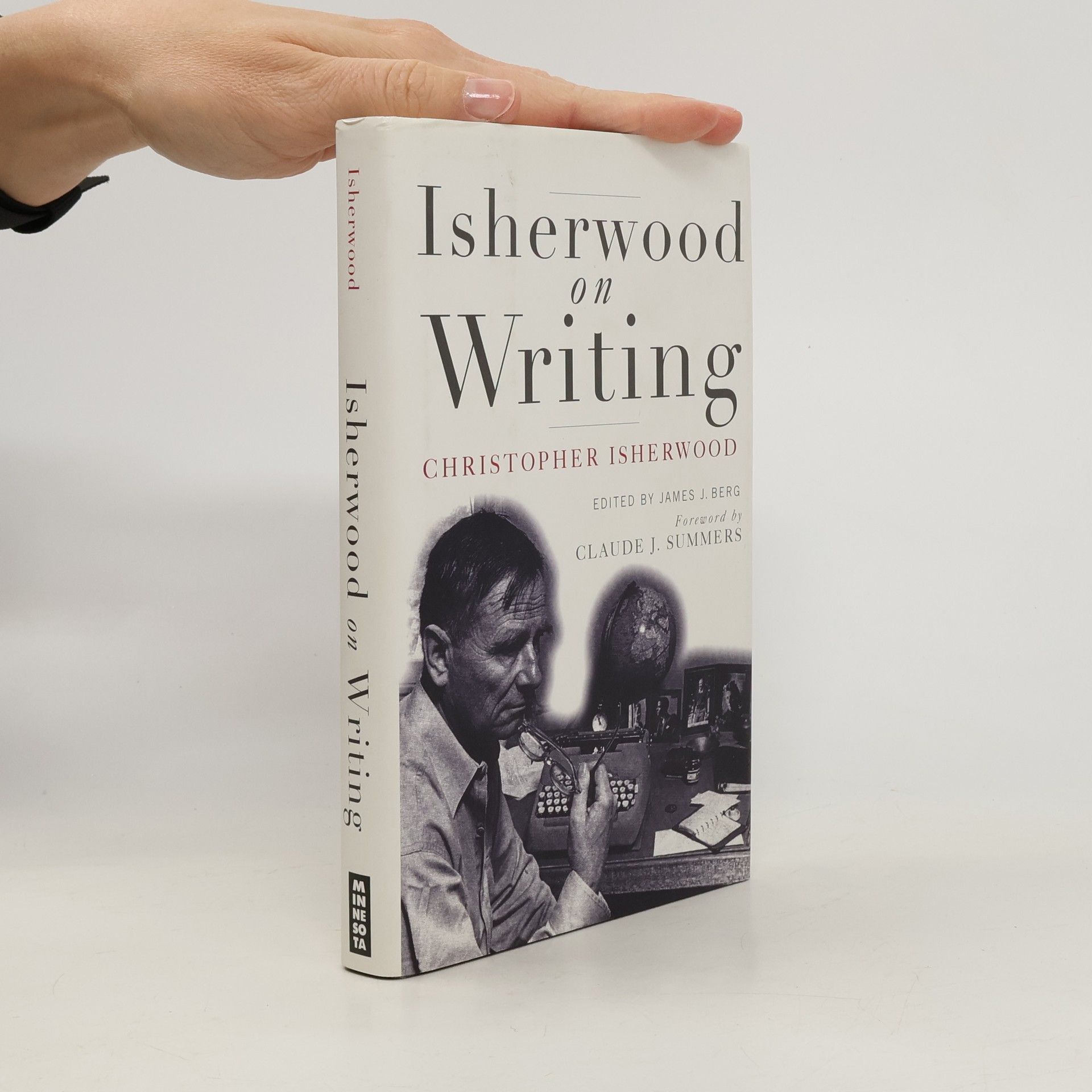In the 1960s, Christopher Isherwood delivered a series of groundbreaking lectures at California universities titled “A Writer and His World.” During this period, he openly discussed his craft, covering writing for film, theater, and novels, as well as spirituality. These lectures highlight a distinctively American Isherwood at a pivotal moment in his career, marking his transition from fiction to memoir. Through engaging discussions, he delves into topics such as the motivations behind writing, the elements that contribute to a great novel, and the influences on his work. Isherwood reflects on his collaborations with W. H. Auden and shares insights about his literary relationships with notable figures like E. M. Forster, Virginia Woolf, and Aldous Huxley. He also candidly addresses aspects of his own work not found in his diaries. This collection reveals a significant and often-misunderstood period in Isherwood’s American life, showcasing a man at ease with his sexuality, attempting to share his story in a society unprepared for it. Christopher Isherwood (1904–1986) was a major figure in twentieth-century literature and the gay rights movement, known for works such as A Single Man and Down There on a Visit. James J. Berg and Claude Summers contribute their expertise to this exploration of Isherwood's life and legacy.
Claude J. Summers Livres
